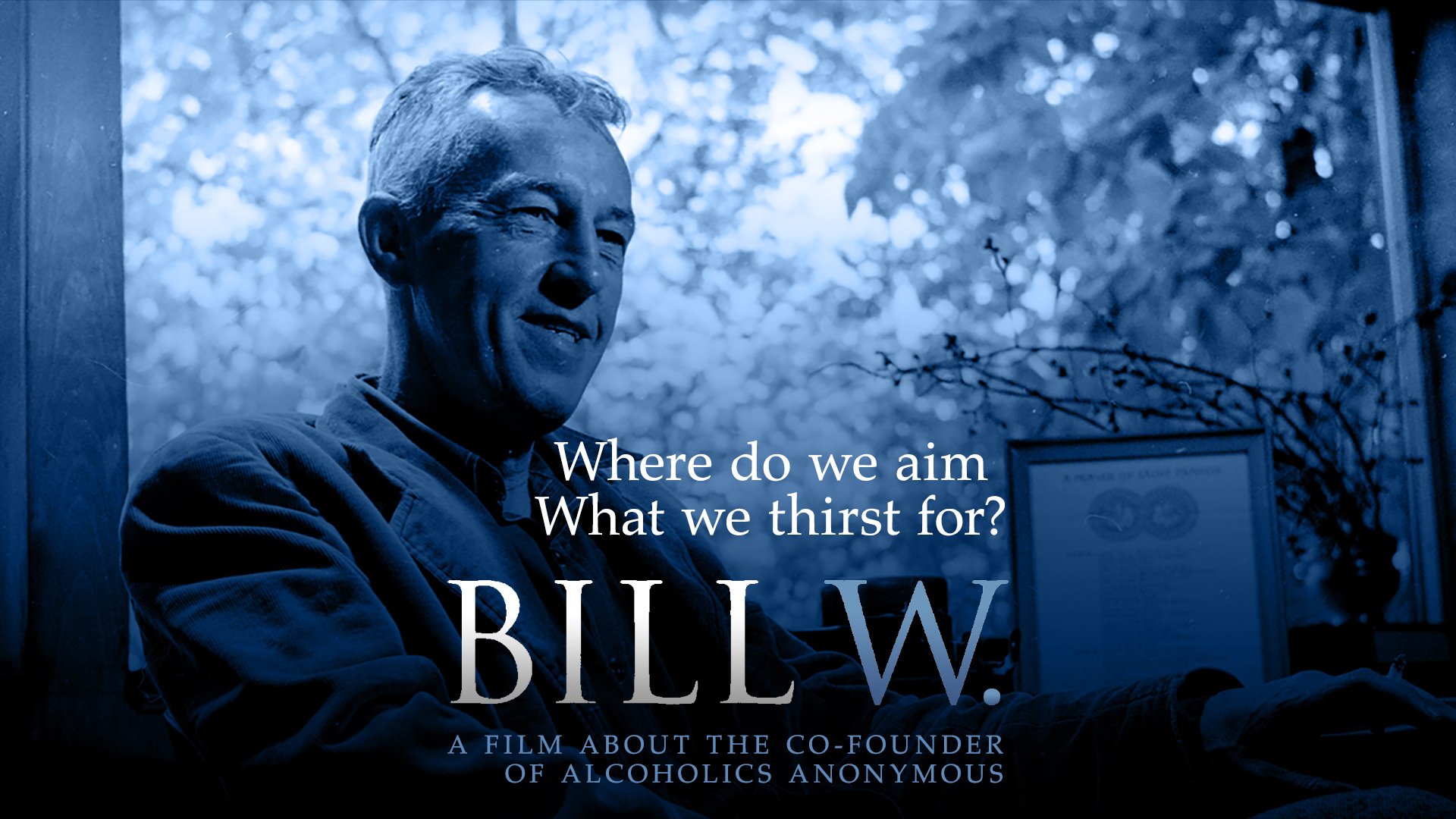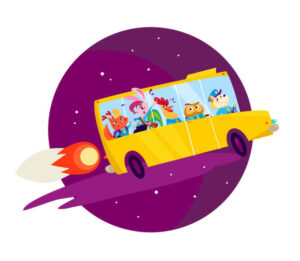A few months ago, a handful of us had an idea: what if we rented out a theater and screened the 2012 documentary Bill W.? Not a panel, not a workshop—just a good old-fashioned movie night. The kind where people laugh, get quiet, tear up, learn something, and walk out feeling a little more connected than when they walked in.
We reached out to the North Bend Theatre in North Bend, WA—an independent, one-screen gem in the foothills of the Cascades. They loved the idea. We picked a Sunday afternoon, secured screening rights, and started spreading the word.
And it turned out to be one of the most joyful, low-stress, and meaningful events we’ve ever put together.
We made it as welcoming as we could. The marquee out front read:
WELCOME FRIENDS OF BILL W.
Inside, we greeted folks with free popcorn and a looping slide show of AA trivia questions on the big screen while they found their seats. Questions like “What year was the Big Book first published?” and “What hotel was Bill in when he made the famous phone call that led him to Dr. Bob?” The answers cycled through, and it sparked laughter and conversation right away.
We made free tickets available through our website. That allowed us to manage the headcount and avoid overbooking, while still making it accessible to anyone who wanted to come. AAs brought friends, sponsees brought sponsors, sponsors brought sponsees, and quite a few non-AAs showed up too—some curious, some supportive, some in that shaky “maybe” place.
The film itself (Bill W. directed by Dan Carracino and Kevin Hanlon) is a powerful documentary. It tells the story of Bill Wilson not just as the co-founder of Alcoholics Anonymous, but as a complicated, driven, deeply human man. It doesn’t flinch from the harder parts—his depression, his ego, his failures—but it also celebrates the grace of what was given to him and what he passed on.
Even for those of us who’ve heard the history a dozen times, there was something moving about seeing it all laid out so visually, so personally. Archival footage, old letters, journal entries, interviews with historians and early AAs—it made the story feel immediate and alive. For the newcomer sitting beside me, it was their first time hearing any of it. They said afterward, “I didn’t know this was how it started. I thought it was just a support group. I didn’t know it had that kind of depth.”
We heard similar feedback from a lot of folks:
- “I brought my sister and she finally understood what I meant when I said AA was spiritual, not religious.”
- “The trivia questions were such a fun way to get people talking!”
- “I wish we did this every year.”
- “I wasn’t sure what to expect, but I left feeling more connected to AA than I have in a long time.”
Best of all, the event was entirely self-supporting. A basket was available for contributions, and it covered the theater rental and expenses without us having to ask for anything more.
As we cleaned up popcorn buckets and folded up leftover flyers, one of the volunteers said, “That was way easier than hosting a potluck.” They weren’t wrong. It took a little planning and some outreach, but the payoff was big—fellowship, fun, and more than a few moments of quiet awe.
We plan to do it again. And if you’re reading this wondering if something similar might work in your district, the answer is yes. Absolutely yes.
Sometimes carrying the message looks like a pamphlet or a panel. And sometimes it looks like a darkened theater, a bowl of popcorn, and a story that reaches across time and touches someone who thought they were alone.





